Condensers and evaporators are essential in any cooling system. However, one has to be larger than the other to ensure an effective heat transfer process. You might wonder which of the two should be larger in an air conditioner. Luckily, we have done some research for you, and here's what we found.
It is not recommended to use an evaporator that's larger than a condenser. The condenser should be larger because it removes the heat absorbed by the evaporator from the indoor air, which is compressed into hot refrigerant vapor.
Always make sure to choose the appropriate sizes of an evaporator and condenser. Keep reading to get detailed information on the sizes of evaporator and condenser that go together.
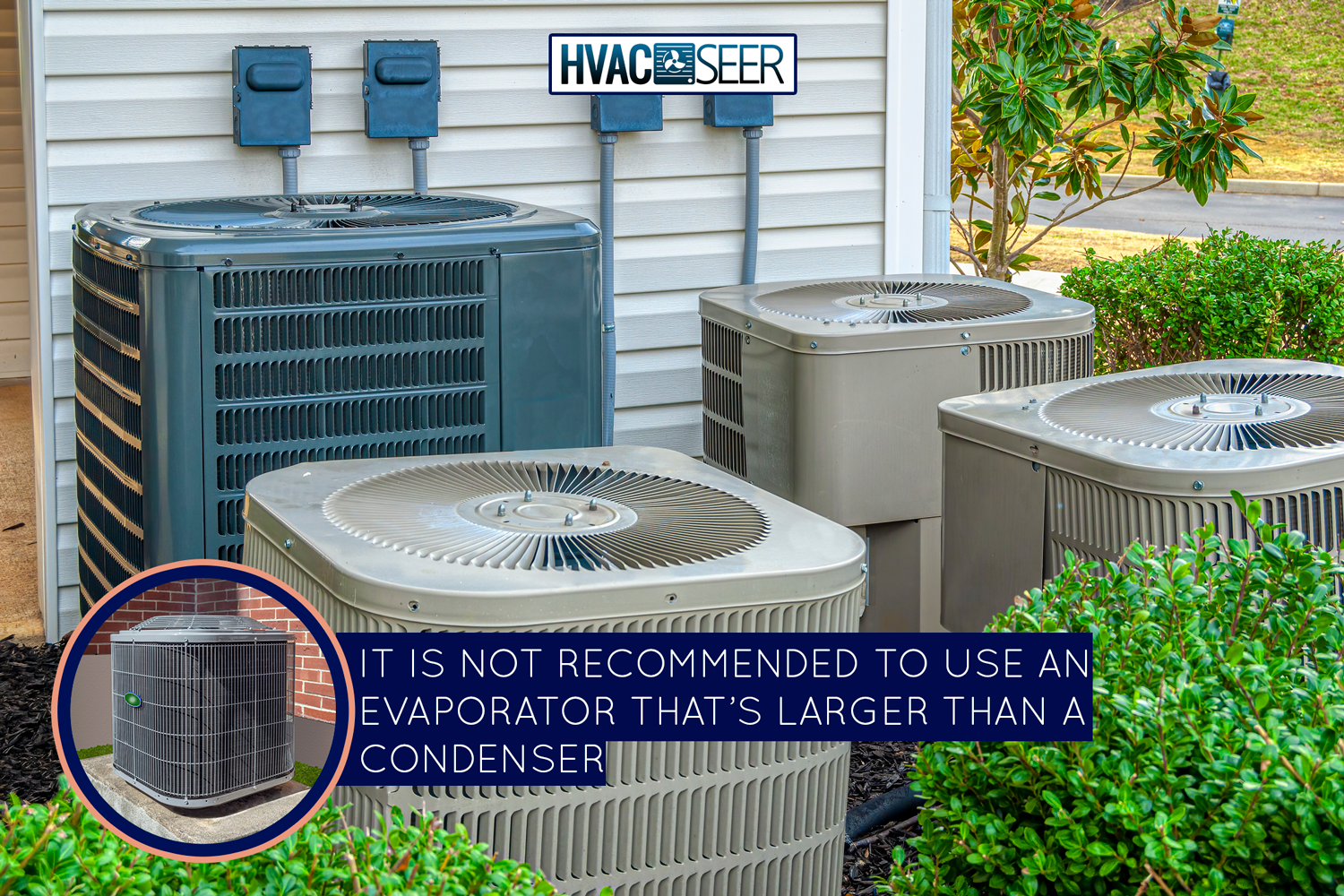
Can I Use A Larger Evaporator Than Condenser?
No, it is not advisable to use an evaporator larger than the condenser. The condenser has to be higher because it ejects heat absorbed by the evaporator from the indoor air, which is compressed into hot refrigerant vapor.
To be able to deliver an effective heat transfer process, the evaporator should be bigger than the condenser. Their coils are copper, making the heat transfer very easy.
An air conditioning unit is made up of different components: the evaporator, compressor, and condenser. Both the evaporator and the condenser are essential in ensuring an effective heat transfer process so as to deliver maximum comfort to your home.
The evaporator extracts heat energy from the indoor air, which is then transferred to the condenser via the refrigerant flow lines. The condenser ejects the absorbed heat outside the unit.
For this process to be completed, the compressor coil, which is a component of an air conditioner, increases the temperature by over 37.78 degrees Celsius.
How Do You Tell The Tonnage Of An Evaporator Coil?
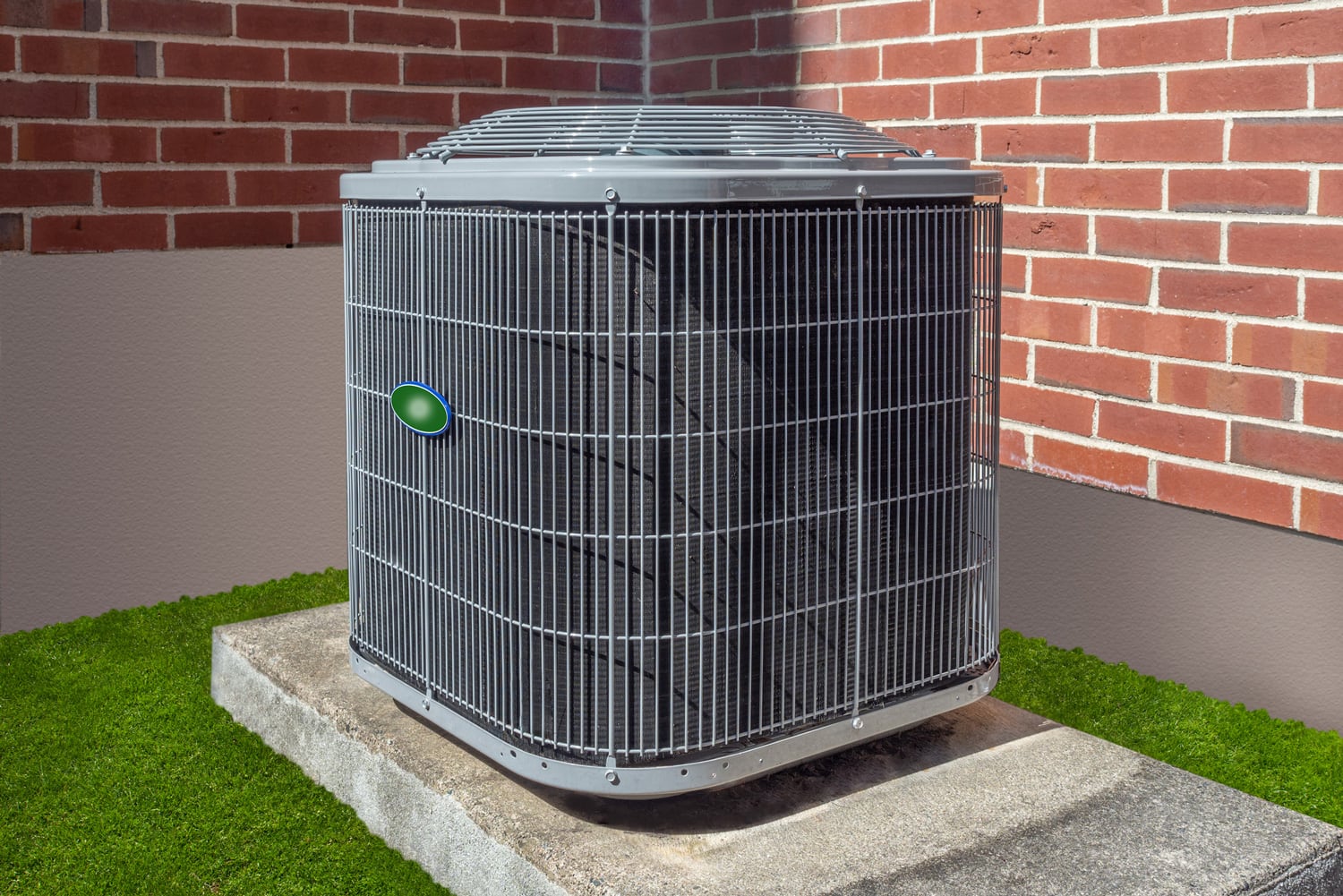
It is quite easy to determine the tonnage of an evaporator coil. The term "tonnage" is used to describe the amount of heat an AC unit is capable of removing from a home in one hour. In other words, it describes the cooling capacity of your air conditioning unit. One tonne is similar to 12,000 BTUs (British Thermal Units).
Most of the time, manufacturers put the tonnage information in the model number. It could be a two-digit number ranging from 18 to 60, or a three-digit number that starts with 0.
Most manufacturers prefer to use BTUs instead of tons. If you find it that way, simply convert the British Thermal Unit value to a tonne by dividing by 12,000.
How Do I Know What Size Of Evaporator I Need?
When selecting an evaporator for your cooling system, it is important to choose an evaporator that can absorb the same amount of heat the condenser can give out per cooling cycle.
The size of evaporators is calculated in tons. If you are looking for an evaporator coil for residential use only, then you need a coil with a heating and cooling capacity between 1 and 5 tons. Otherwise, you can determine the size of the evaporator you need by doing a simple calculation.
Many people know about air conditioners, but only a few know about air conditioning components like the evaporator and condenser coils. For your air conditioner to work efficiently and deliver the highest level of comfort, it is vital you know the size of your evaporator coil. This will further help in carrying out proper routine maintenance.
What Happens If You Oversize A Condenser?
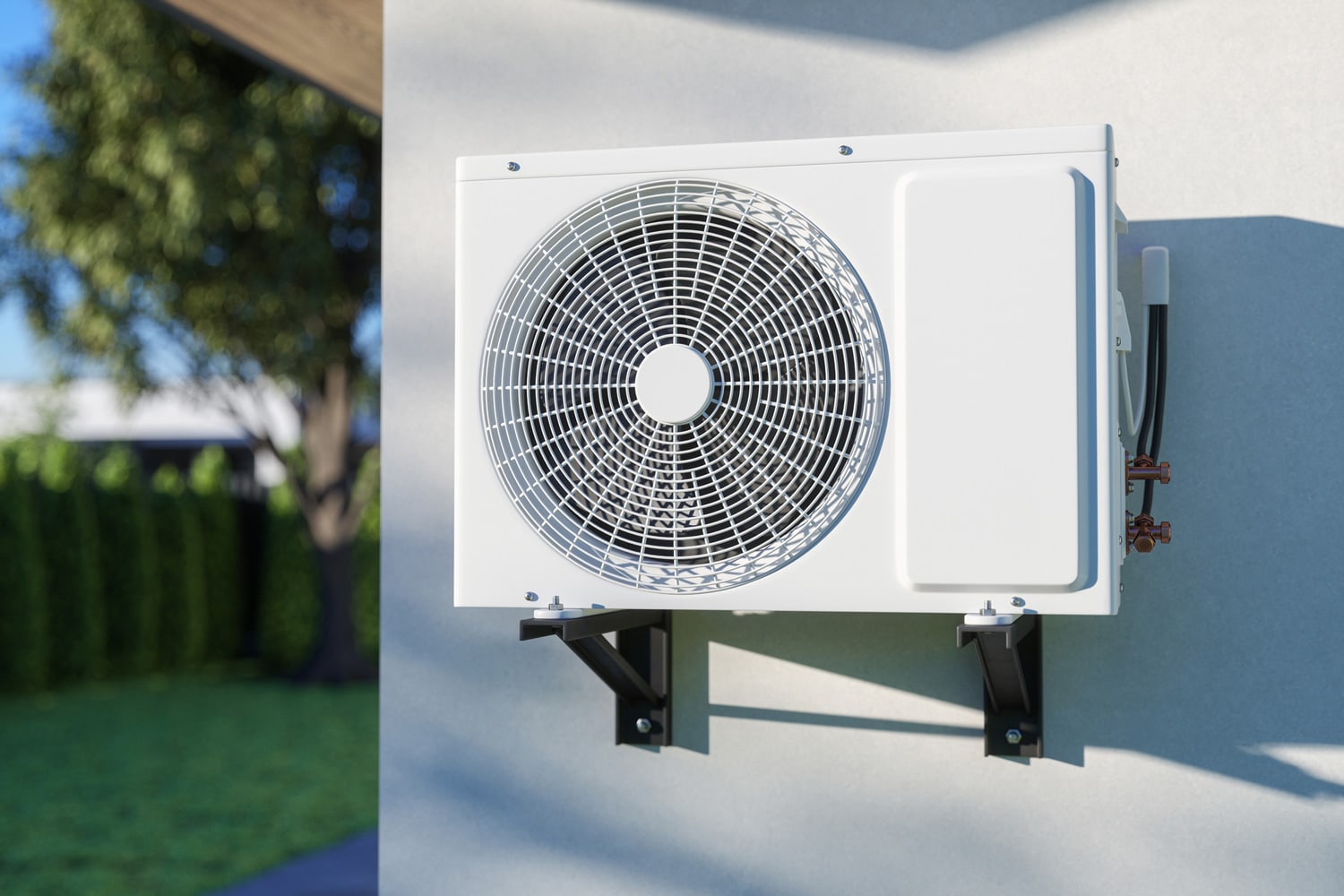
In a situation where the condenser is bigger than the evaporator, different problems may arise. A condenser, like an evaporator, is a significant cooling system component.
They both work hand-in-hand to ensure the temperature of your home is comfortable. This fact means that the compressor and evaporator must be of the same capacity to deliver an effective heat transfer process.
If there is a case of your condenser being oversized, this will result in your house being cooled or heated quicker. Your cooling system could shut down immediately after. Below are some problems that can arise from using an oversized condenser:
High Energy Bill
When the size of a condenser coil is larger than that of an evaporator, the latter will be unable to keep up. This will cause the air conditioning unit to run longer, resulting in more energy use which in turn causes an increase in energy bills.
Reduced AC Lifespan
The effectiveness and life expectancy of the air conditioner reduce when the condenser is oversized. This is because the evaporator coil, which is undersized, gets overworked.
Low Comfort
One primary reason for having air conditioners in the home is to cool the home, as well as increase the comfort level. When the condenser is oversized, instead of cooling the house, it will help remove moisture from the house, thereby causing a significant decrease in the comfort level.
Can I Use A 2 Ton Condenser With A 2.5 Ton Coil?
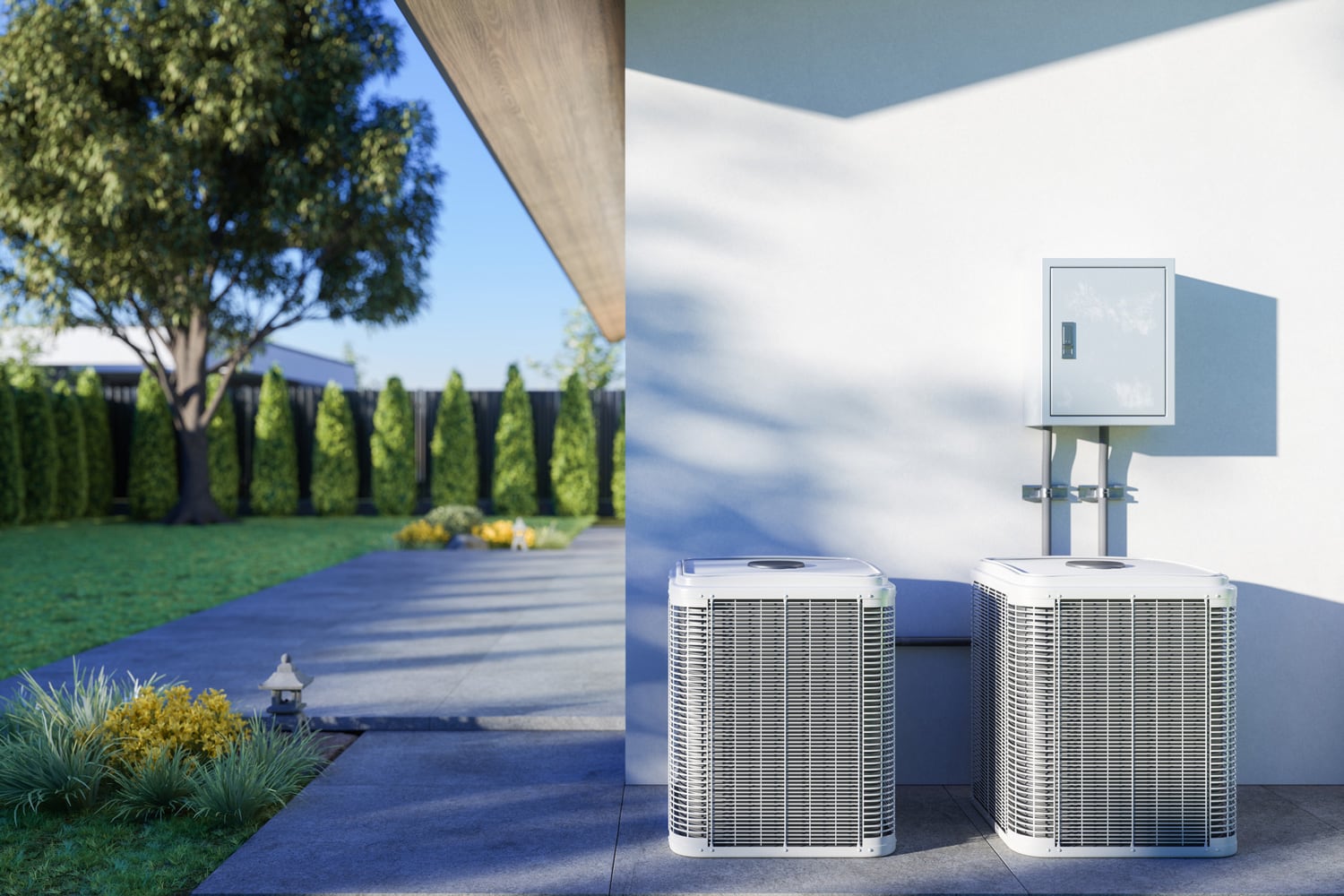
It is not a good idea to use a 2-ton condenser with a 2.5-ton coil, as this will not deliver maximum comfort to your home.
The effectiveness of an air conditioning unit depends solely on the capacity of the evaporator and condenser coils used. Each of these coils must be of ideal size, else, it will be difficult for the smaller-sized coil to keep up with the larger-sized coil.
If you have a 2-ton condenser with a 2.5-ton (evaporator) coil, the rate at which heat energy is absorbed will be higher than when it is ejected from your home.
Can I Use A 4 Ton Condenser With A 3 Ton Coil?
Yes, since the evaporator absorbs heat from inside your home, while the condenser ejects the heat, the size of the condenser coil ought to be higher to eject the heat energy absorbed by the evaporator coil.
Both the evaporator and condenser are designed by manufacturers to work hand-in-hand to remove heat and moisture from your home. It is therefore necessary to have the ideal size of coil for an evaporator and condenser.
A 4-ton condenser coil and 3-ton (evaporator) coil is ideal for use to deliver maximum comfort to your home.
Can I Use A 3 Ton Condenser With A 2 Ton Coil?
Yes, just as in the case where a 4-ton condenser with a 3-ton coil is an ideal match for the effective functioning of your air conditioning unit, a 3-ton condenser with a 2-ton coil is recommended.
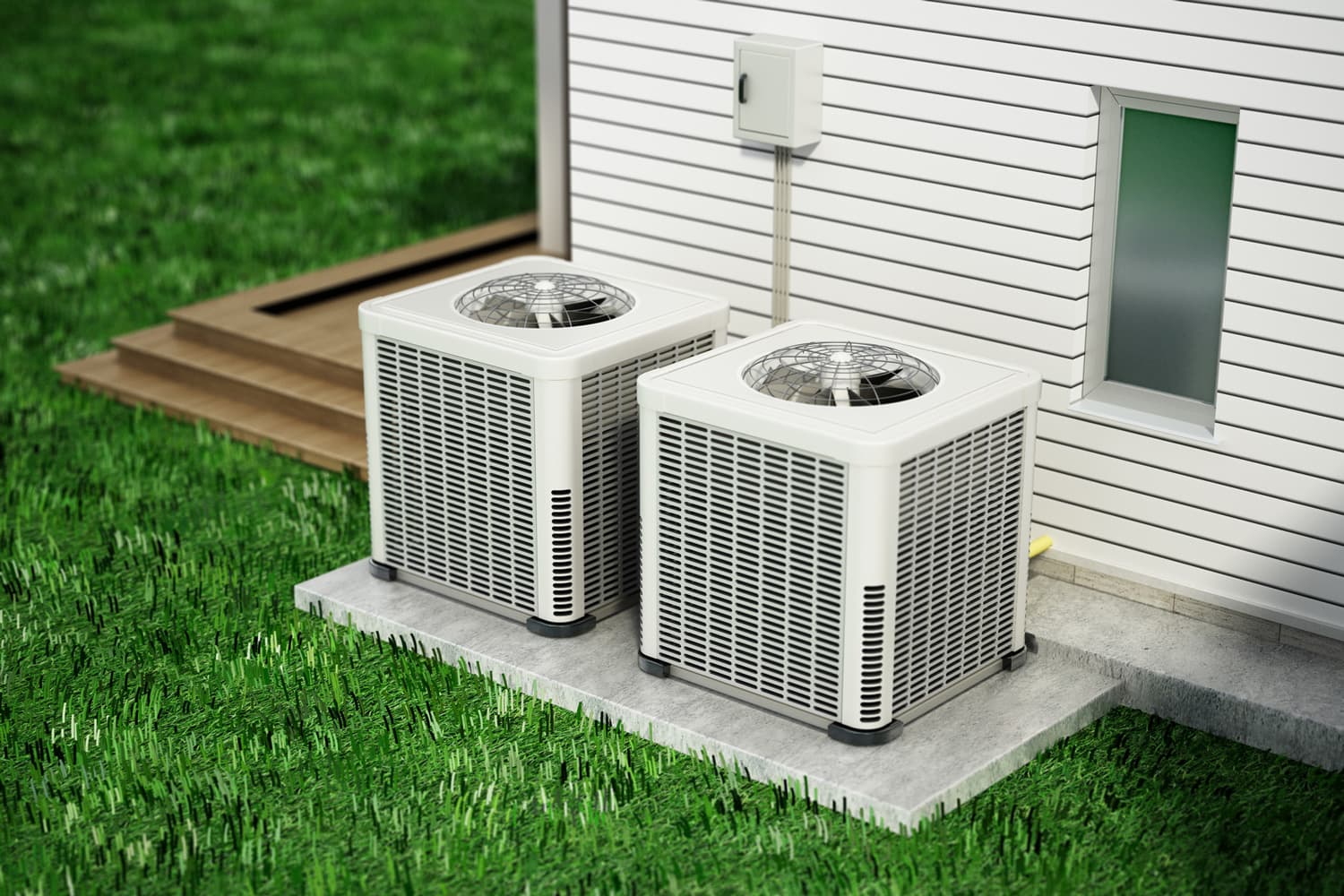
How Can I Make My Evaporator More Efficient?
Machine efficiency is achieved when the ratio of input to output is maximum. The efficiency of an evaporator solely depends on how well it is maintained.
Most of the time, your evaporator coil might get clogged with dust, debris, or dirt, which is a primary reason that could result in the inefficient performance of your unit.
However, cleaning your cooling system can improve the efficiency of your evaporator. Here are things you can do to make your evaporator more efficient:
Blow Off Dirt
Compressed air can be helpful. But it is capable of bending fragile coil fins. So it would help if you were very careful. If you have discovered light dirt or debris on your evaporator coil, simply use a can of compressed air to blow it away.
Ensure you keep the nozzle at least two to three inches away from the surface of the evaporator coil. This is to prevent the compressed air from bending the coil fins while cleaning the coil.
Clean Your Coil
To clean your coil, add a few drops of dish detergent to a spray bottle containing distilled water. Sprinkle the solution onto the evaporator coil, and let it sit for one or two minutes. Afterward, use a soft bristle brush to remove any dirt or debris from the evaporator coil.
To Wrap Up
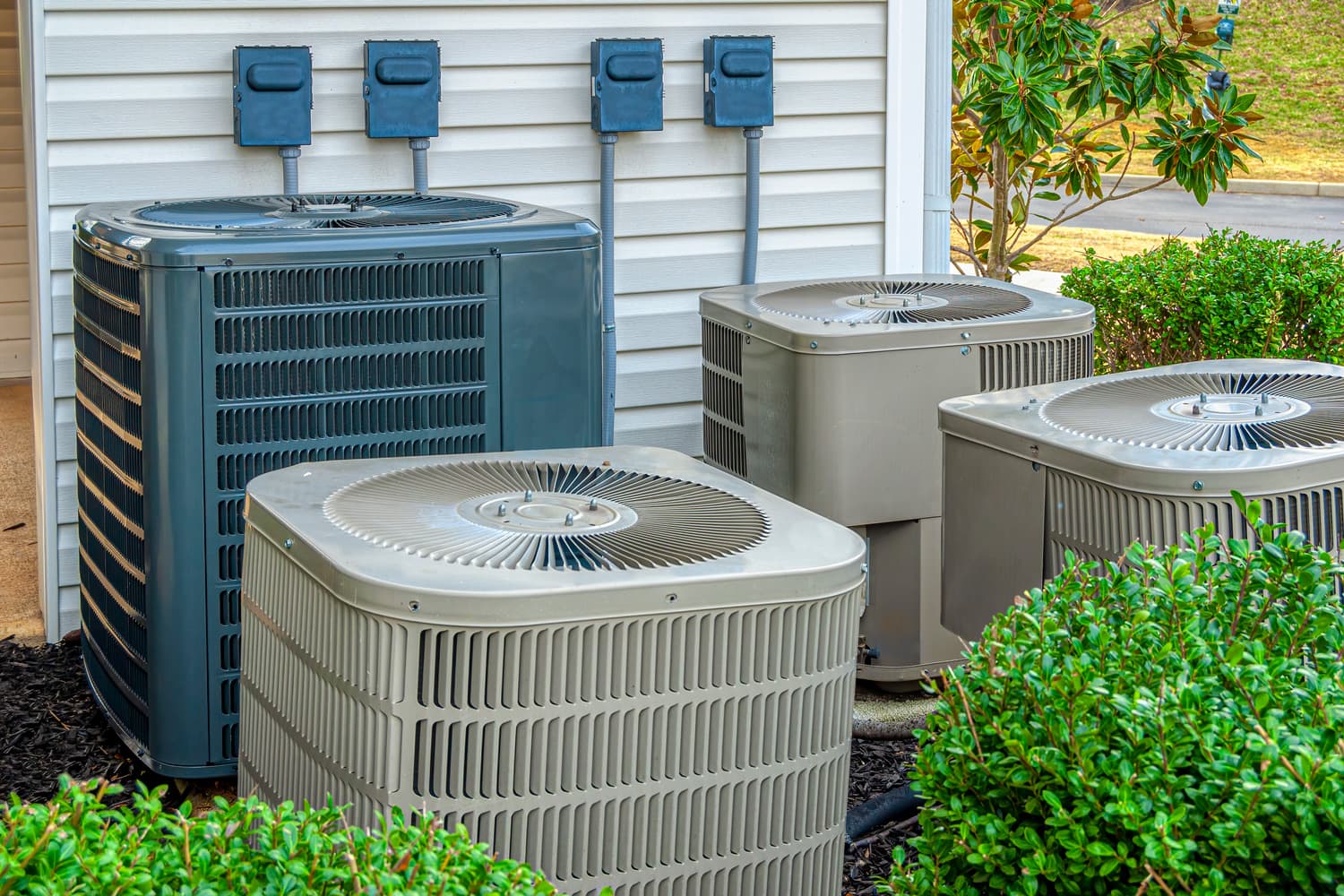
The condenser and evaporator of a heating and cooling system are vital parts that ensure an efficient cooling process in the home. It is not advisable for the evaporator to be larger than the condenser. Instead, the evaporator and the condenser should be of the same capacity.
If you enjoyed reading this post, here are similar articles you may like:
Can You Put A Mini Split Condenser In The Attic?
